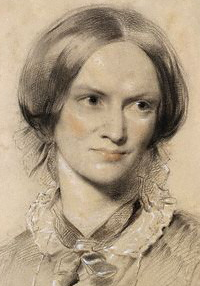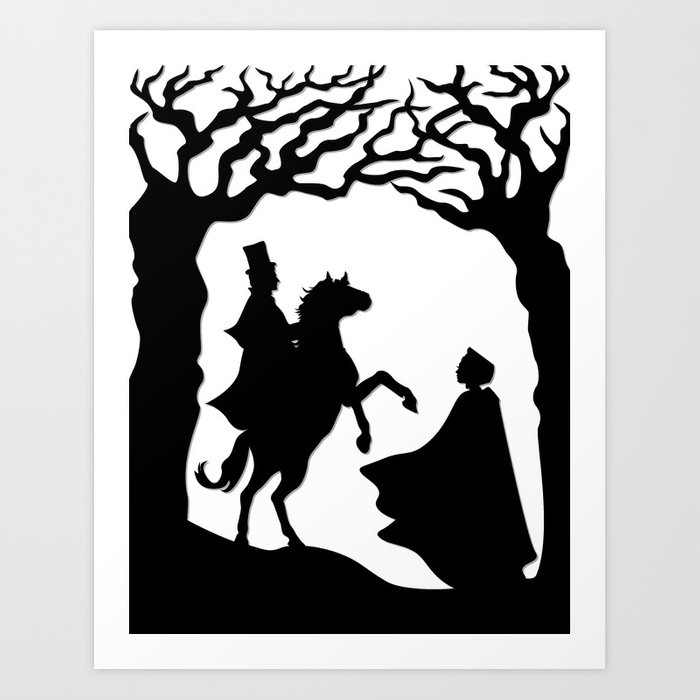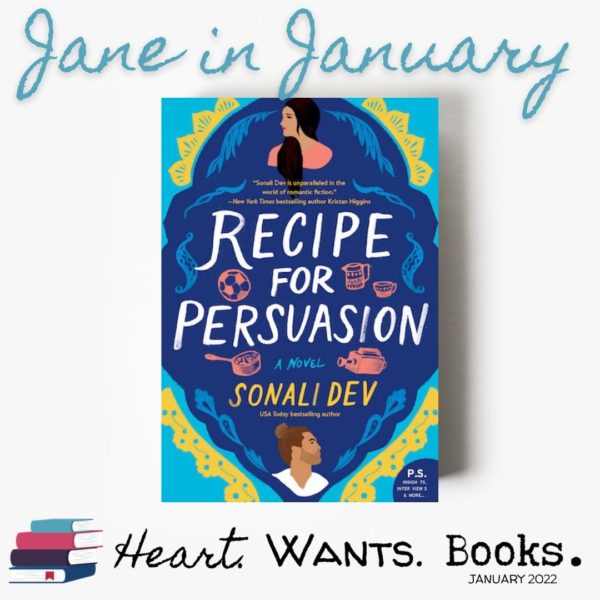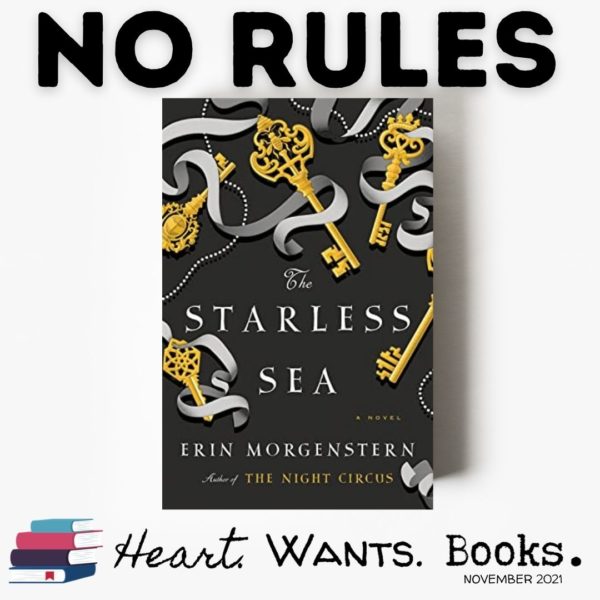Jane Eyre by Charlotte Bronte January 7, 2021

The following post includes affiliate links. More details here. As you’re doing your Amazon shopping, we’d be ever so grateful if you’d use our affiliate link to do so as it helps pay the bills around here!

What happens when a girl is left essentially on her own without a friend in the world? Does she give her hateful guardian what for after being locked in a terrifying room of death? Does she go hunting deeper in the woods than is safe because it’s that or starve? It depends, but either way, she says “not today” to the god of death! We’re going to talk about that terrifying room a bit more below, and we’re going to talk about that hunting trip on Friday, February 12 at 7:30 p.m. CST when we discuss Sarah J. Maas’s A Court of Thorns and Roses series. Sign up here to join us for an evening of fae and high lords as we prepare for the next book in the series.
Oh dear readers, I remember reading Jane Eyre by Currer Bell, I mean, Charlotte Bronte, and loving it. Jane starts as a meek child, and then suddenly finds her gumption as we join the action. At Gateshead, she’s treated with contempt by all but the nurse Bessie, bullied by her cousin, blamed by her aunt, and generally treated as a child who doesn’t belong all because her mother dared marry against her family’s wishes and her aunt couldn’t forgive the intrusion of her orphaned niece. So yes, a great opening. I adore how bookish Jane is from the start, which would have captured me had not her tragic situation already done so. For her to then stand up for herself to her cousin (who threw a book, and not because of the contents even!), and forgo her meekness to her aunt (out of terror from being in the red room which she only knows as a room of death), I was ready to champion Jane’s side in all things good!
I didn’t read as much commentary as I originally intended, but what I did read likens Jane Eyre to works of Dickens in that it highlights the plight of a common person for the broader world to see. Bronte wrote of Lowood school after experiencing a similar institution. She and three of her sisters were sent to a school for the female children of clergy for nearly a year, and only two of them survived. The malnourishment combined with poor conditions left the girls ill suited to survive an illness that swept through the school. Knowing this makes me read of Jane’s early days in Lowood in a different light, especially after reading that Jane’s best friend at Lowood, Helen Burns, is modeled after her sisters who didn’t survive their stay at school. The other commentary I read noted Bronte’s joy at getting a letter of praise on Jane Eyre from William Thackeray, author of Vanity Fair, and her friendship with fellow novelist Elizabeth Gaskell, who is also her first biographer.
Having read Jane Eyre as a freshman in college, and again several years ago during a period of reading or rereading many classics, I knew the story, but I was still anxious to make my way to Thornfield and Mr. Rochester. What I expected to find was a grand romance in the style of Jane Austen, or perhaps Elizabeth Gaskell, as she was friends with the Brontes. What I actually experienced this time was much frustration. Mrs. Fairfax is delightful, Adele is precocious, and, at least at first, Mr. Rochester is everything a governess could want in an employer and more.
As Jane Eyre progresses, I find that I don’t like Mr. Rochester as I want to adore the hero in a romance novel, but I loathe him as not good enough for our heroine, and then I’m sad for her that she still pines for him after the way he’s treated her. For me, it all starts when he leaves for the house party. I was disappointed (especially as I had forgotten that part), but when he returns with guests, one of whom he appears to be courting, I was frustrated. Mr. Rochester’s performance as the gypsy was further aggravating because here we get our first blatant sight of him manipulating Jane and the others. While he may have intended it to be a bit of fun, it was very unfair of him to include Jane in that, and to attempt to secure her confidence in such a manner. This is really where I started becoming increasingly unnerved that Jane could still love Mr. Rochester after the way he treated her. He keeps going, traveling to London to buy a new carriage for the anticipated Mrs. Rochester, and then disappearing again (presumably to see Mr. Mason settled well out of his way, or maybe that’s just me).
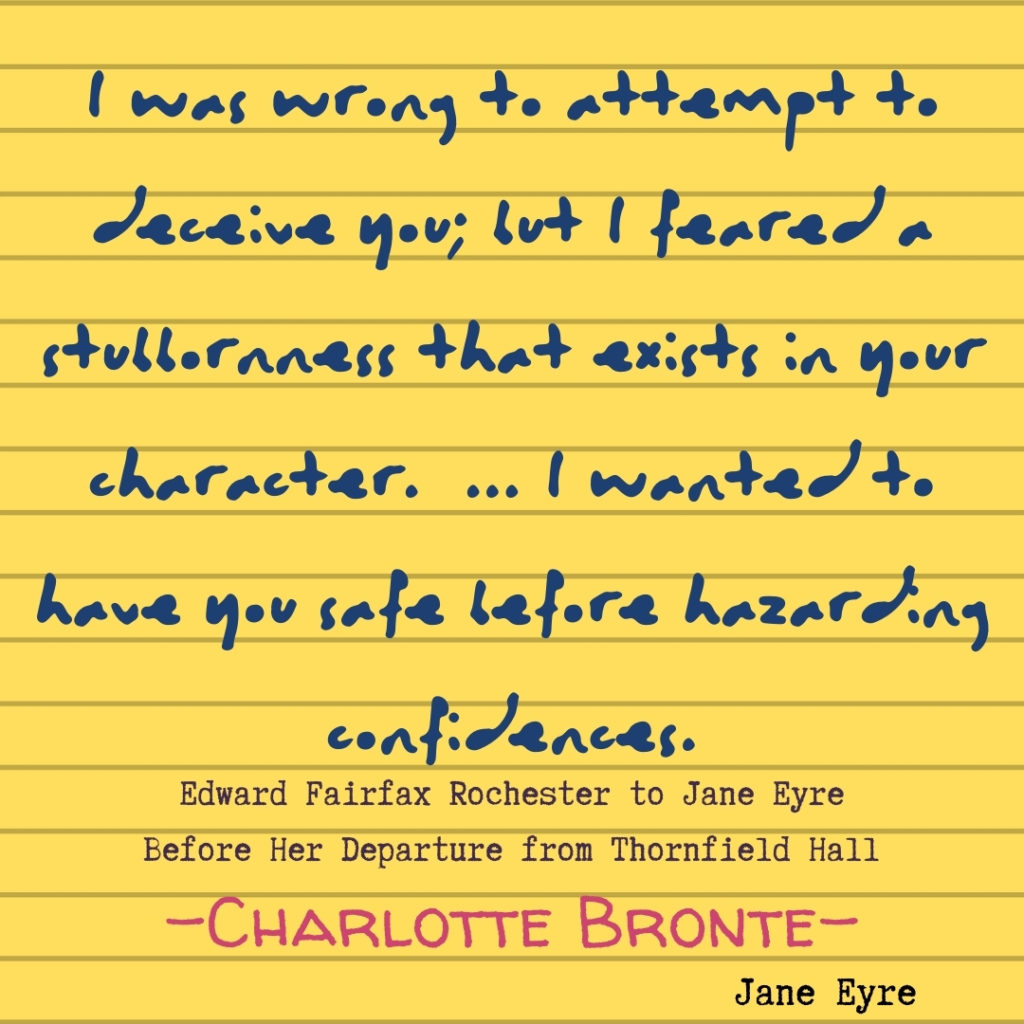
Even after all that, what really set me off was the conversation in the orchard, wherein he says he plans to be married in a month and Jane tells him (again) she must leave because she and Adele don’t need to live in the house with Miss Ingram (who is just plain awful, but also feels 100% like social commentary in and of herself). He plainly refers to Miss Ingram as his intended, and then, in that SAME CONVERSATION, professes his love for Jane as the only object of his affection! (I don’t even need Bertha Mason to be over Mr. Rochester!) And then (I realize this is a plot point, but still), he still puts off the wedding for a month! Why? No really, why? The banns of marriage only need to be read for three Sundays, and if he’s fancy enough to be entertaining a member of parliament, then he’s probably fancy enough to get a special license and marry in a couple of days. I do not like plot holes dear readers, even if they exist so Jane can write her uncle who can send Mr. Mason from Madeira to save her from entering into a false marriage. While we’re on the subject, if Mr. Mason is with Uncle John in Madeira, can he even get to England, much less Northern England, where all of the novel takes place, in time? I don’t know the actual answer from 175 years ago, but Madeira is an island off the coast of Morocco (but part of Portugal), so I’m imagining the time it takes a letter to get there from Northern England, and then a person to get back is lengthy.
Dear readers, I do think Jane does the only thing she can in the circumstance, she runs away. Mr. Rochester has hidden a wife from her (hidden is generous, really, he lied), and he’s been very manipulative of Jane. She knows others in the house and town knew of Bertha Mason, but she doesn’t know just how much they know of the situation, other than she was not to be told. What else do you do when you find the person you love has lied to you and encouraged everyone you interact with (presumably except Adele and Sophie) to lie to you as well (although we know they didn’t know Betha’s identity, but if I’m Jane, I believe ZERO things Rochester says at this point).
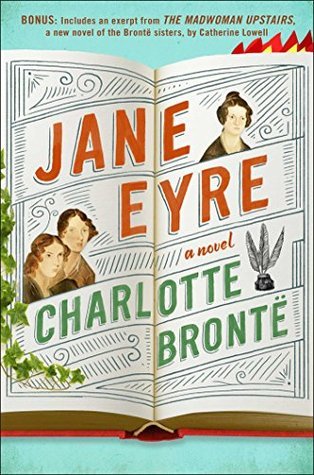
After all this drama, I want to curl up with Jane beside the fire in Moor House to recover, because just wow! Also, I want to note that it’s interesting to read Jane’s struggles to find food and shelter right around Christmas as I had just finished an advent study on Joseph, part of which focused on the journey to Bethlehem and the search for appropriate shelter when he and the laboring Mary arrived. I adore Diana and Mary Rivers, but I want to throttle St. John during their last stay at Moor House. He is entirely too focused on his one goal to open his eyes to the things and people around him. St. John also manipulates Jane in an attempt to get her to support his goals. I do agree with St. John that in the nineteenth century, cousins Jane and St. John cannot go abroad together unless they marry. Do I think Jane would be a good missionary? If she so desired. Do I think she should marry St. John? Not. At. All. At this point, Jane has inherited more than enough to keep her happily for the rest of her days and she has family in the form of three well-loved cousins. She need do only what brings her joy, so long as she remains economical.
Reader, I get why she marries him, but why does she still love him? I realize she doesn’t have social media or the internet to satisfy her curiosity about what happened to Mr. Rochester, but her continued ardent love of him after the way he has treated her baffles me. Heap onto that the way St. John is trying to bully her into a loveless marriage because he sees being his missionary help meet as the best way of Jane using her life in the service of God, and if I’m Jane, I just want to live with Diana and Mary in Moor House and not interact with the patriarchy ever again. Is Bronte using Jane’s continued love of Mr. Rochester to tell us the patriarchy always wins? Is it her telling us matters of the heart aren’t logical? Did Mr. Rochester receive his just desserts in the fire and is now redeemed and deserving of our fabulous Jane? I don’t know the answer, but I do give Jane Eyre four stars because the writing is gorgeous and the story is still very relevant. I’m likely to reread it (again), but I need to be less mad at Jane for still loving Mr. Rochester before I do.
What’s a book that frustrated you, but you adore anyway?
~Nikki
PS: Join us next week when we’re diving deep into Rochester’s story in a book that both of us are really enjoying! Maybe we’ll decide Mr. Rochester got his comeuppance and deserves a life with our precious Jane….or maybe not.
~Ashley
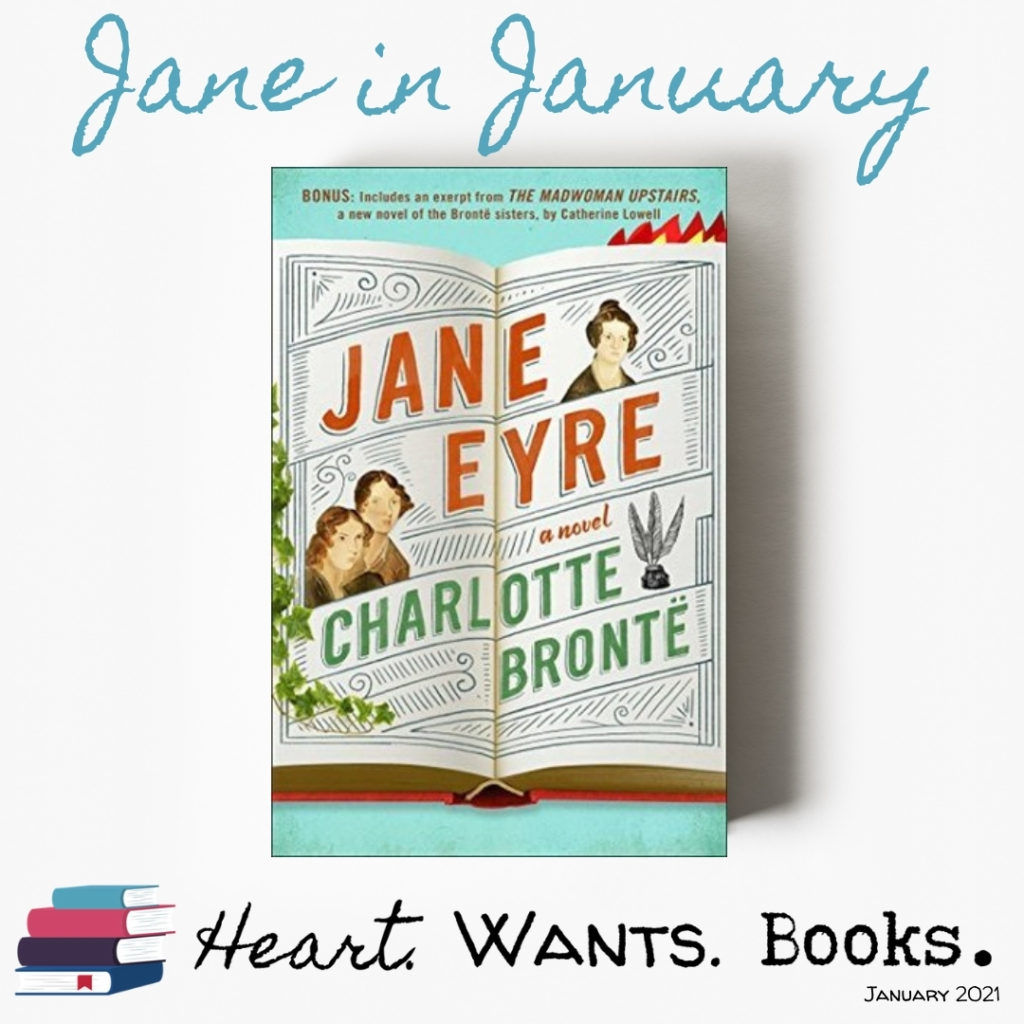
PLEASE SUPPORT US WHEN YOU SHOP BY FIRST CLICKING ON THE IMAGES BELOW:

